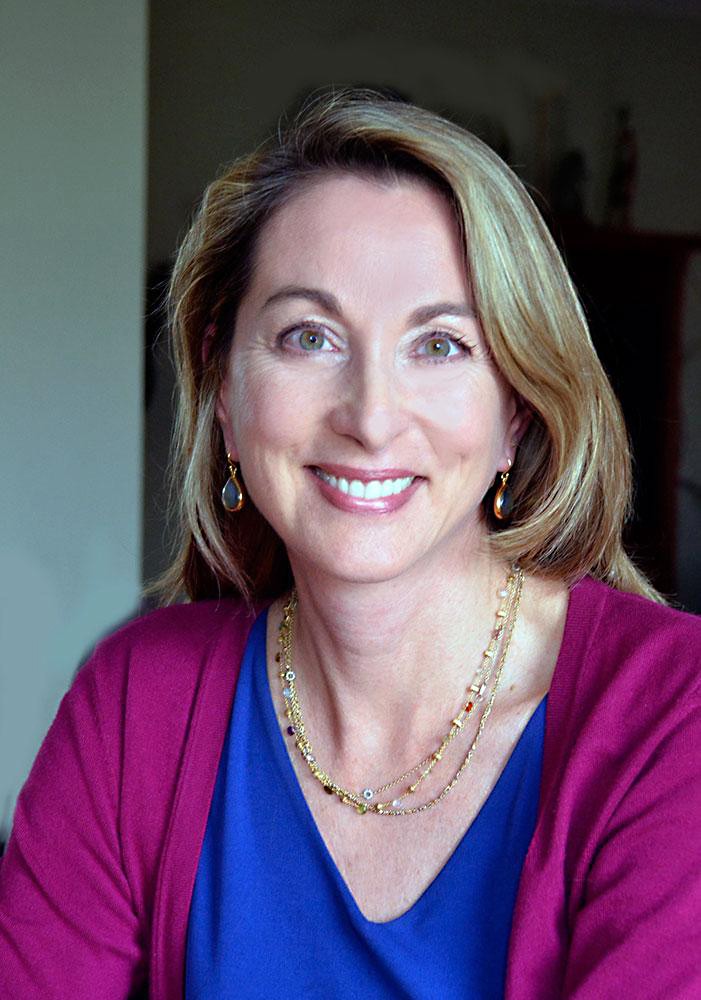Though she hasn’t officially begun her tenure as chair of the University of Minnesota’s embattled psychiatry department, Dr. Sophia Vinogradov is getting a head start.
Last month, the University announced that Vinogradov, a prominent researcher and administrator from the University of California-San Francisco, will take over as head of the school’s Department of Psychiatry in August.
But the August start date hasn’t stopped her from stepping in to her new role.
In a recent visit to the University of Minnesota, following the announcement, Vinogradov met for an hour with Mike Howard, a family friend of Dan Markingson — a man who committed suicide in 2004 while enrolled in a schizophrenia drug trial at the University of Minnesota.
The fallout from Markingson’s death has long marred the department’s reputation and has led to several internal and external investigations. Those reviews have raised questions about research practices and the department’s culture.
Vinogradov said she plans to have “a full and open dialogue” with those affected in the Markingson case and expressed interest in learning more about the department’s troubled past.
“She seemed genuinely interested in the questions she asked,” Howard said, adding that she also offered to meet with Markingson’s mother Mary Weiss.
Howard also said he was impressed by Vinogradov’s willingness to learn about the department’s past mistakes but said, “Nothing can completely wipe the slate clean.”
Vinogradov will replace former department chairman Dr. Charles Schulz, who stepped down last year after a scathing review described a “culture of fear and retaliation”within the department, as well as a number of other ethical breaches in the recruitment of human research subjects.
The reviews resulted in dozens of changes to how the research and department conducts research.
Vinogradov also offered Howard a position on a consumer advisory council she intends to start when she arrives.
The goal of the advisory council she said would help keep researchers honest and would address patients and family concerns.
Her involvement in a similar council at the San Francisco VA Hospital has been important to her work, she said.
Howard and Vinogradov also discussed forming an annual research ethics symposium in Markingson’s memory.
“She’s the polar opposite of Schulz,” Howard said. “He never really accepted responsibility.”
Vinogradov said she’s also accepted an invitation to meet with bioethics professor Carl Elliott and associate bioethics professor Leigh Turner, two longtime critics of the University of Minnesota’s psychiatry department.
“This is someone who’s coming in from another institution and doesn’t have a history here,” Turner said. “It’s possible that someone coming in from outside can play a meaningful role. … I think it’s important to be open-minded.”
Changing the climate
Vinogradov is currently the vice chair and professor at UCSF’s department of psychiatry, as well as chief of mental health service at the San Francisco VA Medical Center.
Much of Vinogradov’s clinical work and research has focused on schizophrenia and cognitive training to improve outcomes for people with severe mental illnesses.
With a heightened scrutiny on the department, Vinogradov said she welcomes the added oversight, and despite the department’s latest turmoil, she said the department is nationally recognized for brain imaging research used to study mental disorders.
“[The University of Minnesota has] this psychiatry department that does contain some very strong, internationally renowned researchers who have focused their work on cutting-edge brain imaging techniques and understanding psychiatric illness, which is really where the field is now going,” she said.
Brooks Jackson, dean of the University of Minnesota’s Medical School, said Vinogradov is “well aware of the issues in the department.”
Jackson said new leadership is a significant step to change the climate of the department and expressed optimism for Vinogradov to create reforms in research ethics and develop programs he hopes will lead to better outcomes for people with serious mental illness.
A new focus
The Markingson case raised questions about potential conflicts of interest regarding pharmaceutical company payments to researchers, Vinogradov said.
While funding for research is important, she said potential conflicts can be avoided when carefully monitored and reported.
According to a federal database that monitors payments between doctors and companies, Vinogradov received less than $1,200 in consulting payments from pharmaceutical giant Hoffmann-La Roche in 2014.
Dr. Macaran Baird, who chaired the search team charged with finding Schulz’s replacement, said Vinogradov’s past leadership experience and background in preventive treatment stood out in the more than 20 applicants the group considered.
Baird said he hopes her background will foster a new direction for the department.
Turner said while he intends to keep an open mind, he’s wary of Vinogradov’s ability to make changes in the department because of the University of Minnesota’s administration.
“There’s always questions to which one person can make meaningful changes, and I guess that’s yet to be seen,” he said.


